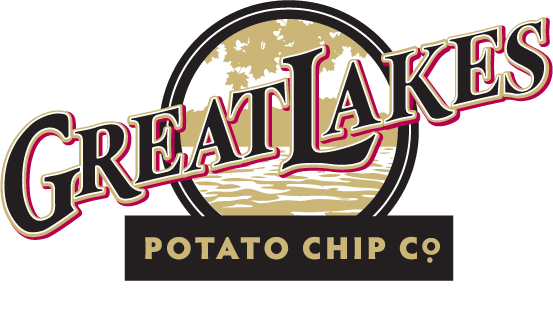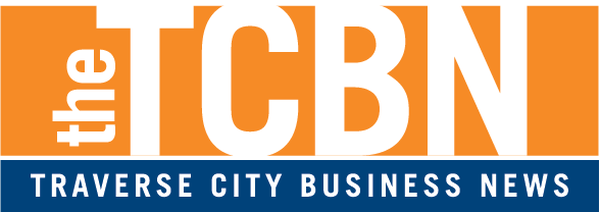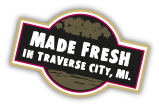Making It in Northern Michigan: Great Lakes Potato Chip Co. stacks its sales growth
 Six years ago, restaurateur Ed Girrbach was thinking about starting a new business.
Six years ago, restaurateur Ed Girrbach was thinking about starting a new business.
It helps to know that the former co-owner of Pangea’s Pizza in Traverse City enjoys potato chips, but when he crunched the numbers for potato chips, he really liked what he saw.
Potato chips are a $7.2 billion dollar-a-year business in the U.S. The largest 10 companies control roughly $5.8 billion of the market. Still, that leaves left some $1.4 billion for some 150 smaller producers across the country. Girrbach figured that if a Grand Traverse-based company could corner just one percent of that, he could build a $14 million business.
Two other things encouraged him. Michigan had only one regional chip company and, from his experience in the food industry, he knew that the “buy local” movement was gaining power.
It all seemed to add up, so he established Great Lakes Potato Chip Co. (GLPC), which he now runs with his son Chris.
In getting started, he thought a lot about what might set GLPC’s product apart from the national and regional competition. He decided to leave the peels on his chips and fry them, kettle-style.
“A lot of people like the taste of the potato skin,” he said. “And there are more nutrients.”
The first year, with only one kettle and two part-time employees, the company used 600 tons of potatoes to create $60,000 in revenue. Almost all the potatoes are from the Sackett Potatoes in Mecosta, Mich.
“They have a quality chipping potato,” Girrbach said. “And leaving the skins on gives them a better flavor.”
Growing Each Year
The Girrbachs’ venture took off, doubling revenues the next four years. In 2016, they sold the pizzeria in order to focus on potato chips.
The company now employs 30, runs six double shifts, has 17 distributors and sells its expanded product line in seven states. The question is no longer will this company work: Revenues this year are projected to be $4 million. The trick now is expanding sales and production to keep up with demand.
Lessons for Other Companies
It’s not by chance that Girrbach’s dream has become reality. There are some lessons here for other would-be manufacturers. Besides having a passion for the product and a background in the food industry, he:
- Looked at the big picture (sales, the big national players’ market share, statewide competition)
- Understood the niche to be filled within Michigan and possibly beyond
- Differentiated his product from many other competitors (kettle method, leaving on the skins on the potatoes)
- identified a reliable source of raw product
- Marketed aggressively
- Reinvested (he’s currently putting $1.5 million back into equipment)
- Embraced quality (food safety, in particular)
- Developed a strong distribution network
- Has stayed open to new sales possibilities like export markets and private labeling arrangements with large American universities
Award-winning Chip
As it expands, GLPC is stacking up awards. In 2015, the Chicago Tribune newspaper named GLPC the “Number One Kettle Chip in the Country.” Last year, Crain’s Detroit Business weekly awarded the company its “First Place Growth Award” at the Detroit Food Policy Council’s Annual Food Summit in Detroit.






